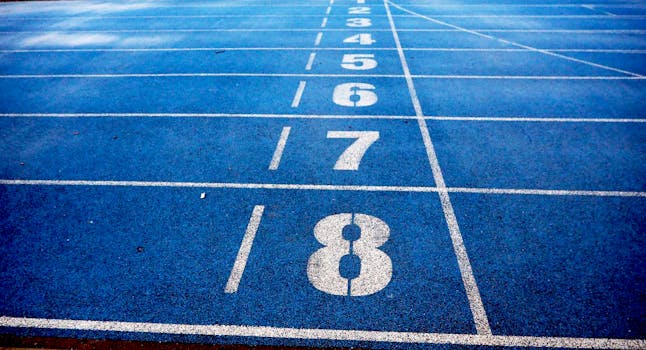
Introduction
Starting a running routine can be a transformative experience for your physical and mental health. Whether you’re a complete beginner or getting back into the habit, this guide will help you establish a sustainable and enjoyable running practice.
1. Set Realistic Goals
Think about why you want to run. Is it for general fitness, weight loss, completing a race, or stress relief? Clear goals will keep you motivated and focused.
- Begin with short-term, achievable targets (e.g., run for 10 minutes without stopping).
- Gradually increase your goals as you progress.
2. Choose the Right Gear
Invest in a good pair of running shoes and comfortable clothing. Proper footwear prevents injuries and ensures a smoother experience.
3. Plan Your Schedule
- Decide how many days a week you will run.
- Consistency is key—aim for 3–4 times per week.
4. Start Slow
If you’re a beginner, use a combination of running and walking. Try the following:
- Run for 1 minute, walk for 2 minutes. Repeat 5–8 times.
- Gradually increase the length of your running intervals.
5. Warm Up and Cool Down
Always start with a 5–10 minute warm-up (like brisk walking) and end with a cool-down and stretching to prevent injury and improve recovery.
6. Listen to Your Body
- If you feel pain (not just discomfort), rest or consult a professional.
- Rest days are essential for recovery and progress.
7. Track Your Progress
Use a journal or app to record your runs, distances, times, and how you felt. Tracking progress helps you stay motivated and notice improvements.
Conclusion
Building a running routine takes patience and dedication. Celebrate your achievements, no matter how small, and remember that consistency brings results. Happy running!
Comments
Post a Comment